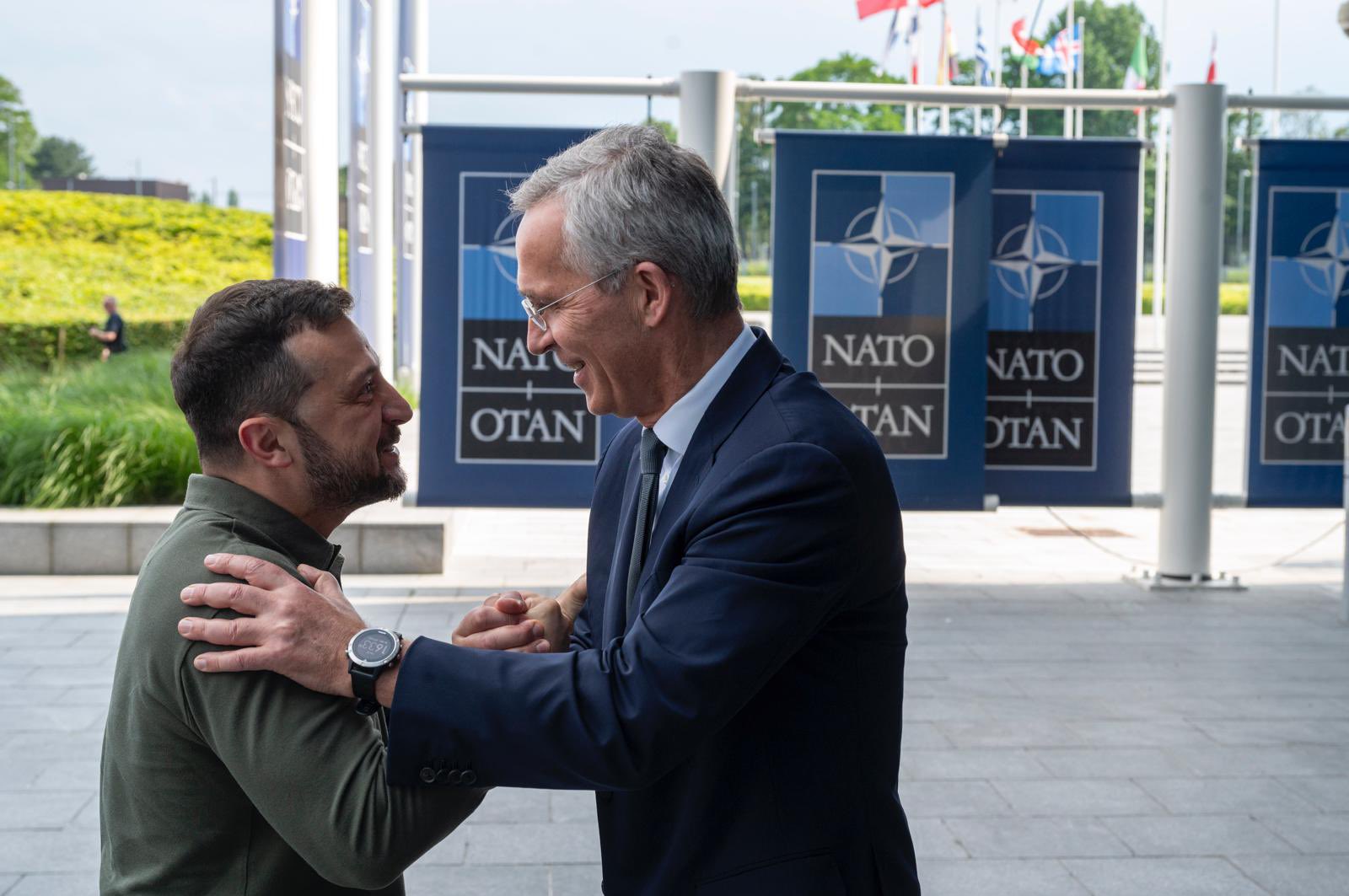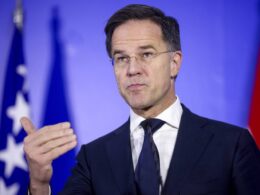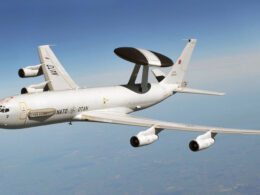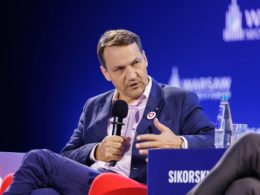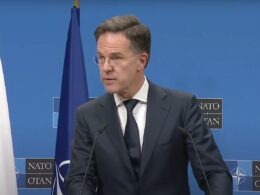Outgoing NATO Secretary General Jens Stoltenberg has expressed regret over the alliance's limited support for Ukraine prior to Russia's full-scale invasion in 2022, according to an interview with the Frankfurter Allgemeine Sonntagszeitung.
His remarks about limited NATO support come amid an ongoing discussion on the insufficient and delayed current amount of military aid from Ukraine's Western allies. The most heated debate centers around the reluctance of key players like the USA and Germany to allow Ukraine deep strikes in Russia over stated concerns of Russian escalation.
"I regret that NATO allies and NATO itself did not do more to strengthen Ukraine earlier," Stoltenberg said. He suggested that if Ukraine had been militarily stronger, "the threshold for attack would have been higher for Russia."
Reflecting on NATO's pre-war efforts, Stoltenberg admitted, "Our training and equipment provision to Ukraine was quite limited."
This cautious approach is now viewed by many as a missed opportunity to deter aggression. Although individual NATO members like the US, UK, and Canada provided military training and equipment to Ukraine as early as 2014, NATO as an organization refrained from more robust involvement. This was partly due to internal divisions and concerns over escalating tensions with
Russia. Consequently, Ukraine did not receive the more advanced weaponry and defensive systems that may have strengthened its military posture against a future invasion. NATO’s shift in policy only came after 24 February 2022, when the scale of Russia's invasion made clear the need for more direct support to Ukraine's military.
The NATO chief highlighted missed opportunities, saying, "We could have done much more." He pointed out that the alliance had struggled over decisions to supply even basic equipment. "We argued about whether we should supply sniper rifles," Stoltenberg revealed.
Stoltenberg identified 24 February 2022, as the worst day of his decade-long tenure at NATO. While intelligence reports had prepared him for the possibility, "to experience it really happening still shocked me," he said.
Looking ahead, Stoltenberg emphasized the need for continued dialogue with Russia, but stressed that any future negotiations must be "based on Ukrainian strength." He acknowledged that while the space for dialogue is currently "much smaller, almost non-existent," compared to 2014, it remains a crucial component of resolving the conflict.
As he prepares to leave office on October 1, Stoltenberg reflected on the transformation of NATO's relationship with Ukraine. "Now we are arming Ukraine during the war," he said, contrasting it with the earlier, more limited support that might have helped prevent the conflict.
- NATO approved an operational plan in 2024 to coordinate arms and training supplies for the Ukrainian Armed Forces, with the establishment of logistics hubs and training bases across NATO member states. This effort includes nearly 700 military personnel involved in the planning and management of Ukraine’s long-term military support.
- Additionally, NATO members have pledged billions of euros in military aid, including air defense systems, artillery, and munitions, while also enhancing Ukraine’s long-term capabilities through structured training programs.
Related:
- NATO allies pledge increased military support for Ukraine
- NATO seeks €40 bn annual commitment from allies for Ukraine
- NATO will offer Ukraine a bridge to membership through new structure
- NATO council: Ukraine to join when conditions met and allies agree
- NATO Summit adopts declaration with Ukraine defense funding plan

